

Yes, yes, La Cieca hears your gasps and snorts of disbelief and contempt, but you know, cher public, La Cieca is, deep in her bleeding heart, always on the side of the underdog. And, yes, by this point Alagna is the underdog.
Of course La Cieca knows that Alagna brought this upon himself. But in life (as in opera) there are very few pure heroes and villains. Do we not, for example, weep for Manon as she so movingly expires, whether at Le Havre or in the desert near New Orleans? And yes, she brought most of her misery upon herself. If the poor dear thing had even a shred of morality, she could have saved everyone (particularly Des Grieux) whole cartloads of heartache. But morality wasn’t what Manon was about; that’s not how she was made.
Is it supposed to be news that Roberto Alagna is a hothead? Does he have a track record of behaving coolly and rationally in a crisis? Has he ever been known to say, “no comment” when asked a question, any question? So why is everyone so shocked, shocked to witness what should be — by now — familiar behavior?
La Cieca is of the “fool me once” school, frankly, when it comes to opera singers. And, to tell the truth, it’s Stéphane Lissner who ought to be saying “shame on me” these days — at least to himself. In other words, Lissner is not helping the situation by acting so inflexibly, refusing to negotiate with Alagna over his return to the theater.
Now, please understand, La Cieca is not saying that Lissner should simply cave; rather, she’s suggesting that there is a win-win possible here, and Lissner is dropping the ball. It’s not a particularly impressive act to fire a recalcitrant artist; basically the lawyers and the press office will have to do all the heavy lifting anyway. A great impresario is one who can bring an unruly tenor to heel, and, what’s more, trick the tenor into thinking it was his own idea.
Take Rudolf Bing with Franco Corelli, for example. No artist was more “difficult” than Corelli, and yet Bing got him onstage for over 300 performances — far more than he sang anywhere else in the world. Bing once joked that handling Corelli was what he was “underpaid” for, but in fact, that’s what a general manager is supposed to do, to get important artists on the stage and before the public. Firing a singer is, in a sense, an admission of failure. In fact, Bing even admitted in later years that his inability to come to terms with Maria Callas was one of the worst blots on his record as General Manager of the Met.
In contrast, consider Lissner’s inflexible behavior in the past few days. Yes, he’s showing everyone who’s boss, but meanwhile, he’s presenting a sold-out “gala” Aida with Walter Fraccaro and Antonello Palombi alternating in the star tenor role. Yeah, I’m sure the audiences who have to sit through that are saying to themselves, “Well, it’s excruciating, sure, but at least somebody put his foot down! Thank God La Scala has returned to its artistic mission of upholding the Rule of Law!”
Since last night, a couple more tidbits of information have surfaced suggesting that Alagna’s sense of persecution is not 100% paranoia. To begin with, the video of the walkout.
Doesn’t it strike you as odd that a television station should have such access to video footage that was recorded for DVD release? Does anyone think that someone in the Decca crew might have leaked it? Hardly. The only way the clip of Alagna’s “exit” could have emerged was for the management of La Scala (i.e., Lissner) to make it available. And why ever would an opera house want to publicize so sordid an event? (Can you imagine, for example, that the Met’s press department would supply the media with a sound bite of Domingo’s being booed last week?) The answer is simple: La Scala is actively working to make Alagna appear the bad guy.
Furthermore, doesn’t Palombi’s “save” strike you as just a bit too miraculous? How often does it happen that the second cover is standing in the wings, warmed up and ready to bound onto the stage, when there is no prior warning that the artist he’s covering might be in vocal distress? In other words, did Palombi know in advance that Alagna might be booed?
If you must know, La Cieca’s tipping point on this issue was reading Norman Lebrecht‘s predictably anti-artist and pro-bandwagon comments this morning. The Alagnas are difficult, the Alagnas are self-absorbed, lot of opera houses are pissed off at the Alagnas, but of course this slap in the face of the honorable public of Milan is the last, the very last straw.
Well, Norma, your middlebrow maunderings are wrong yet again. This might be the end of the line for the Alagnas — if they were the sort of dull, uninspired singers that mostly populate the world of opera today. But they’re not. Despite their vocal flaws and outrageous behavior, they are something special and rare. The main reason that opera is in such dire straits today is that nobody wants to shell out hundreds of dollars for a ticket to hear some well-behaved mediocrity. (That is, unless that mediocrity’s name is Fleming, but she’s not working much at La Scala lately either.)
La Cieca will have more to say about this later; cher public, do chime in.
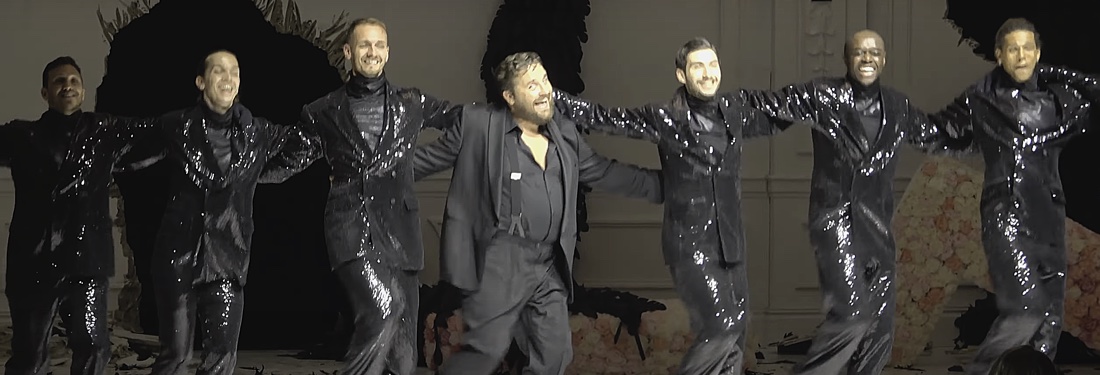
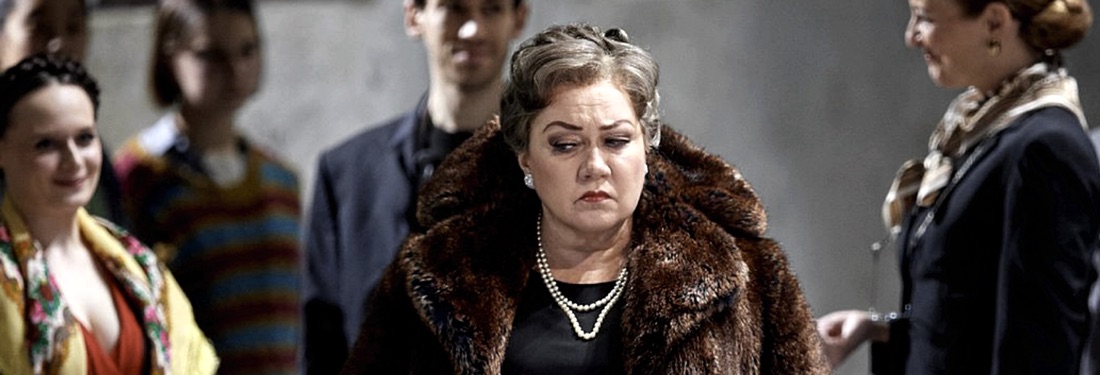
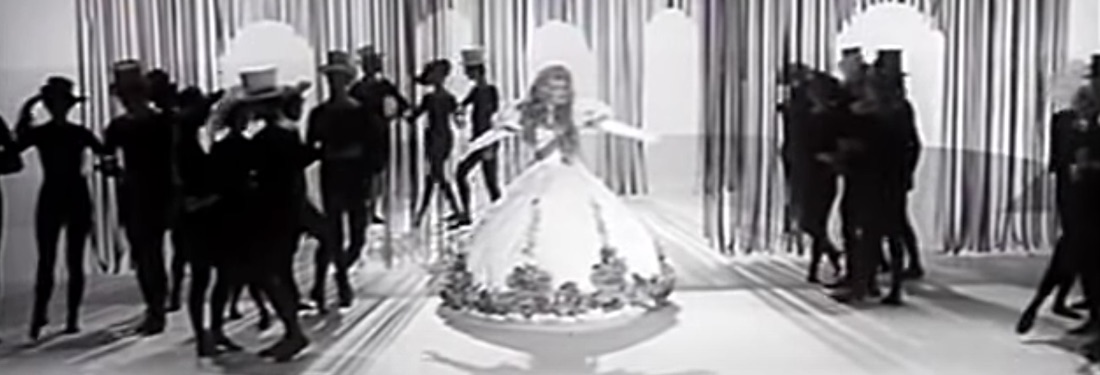
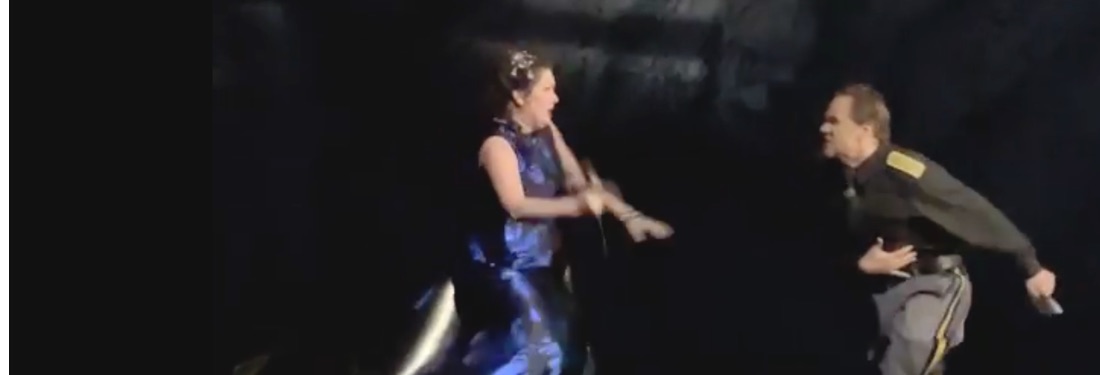
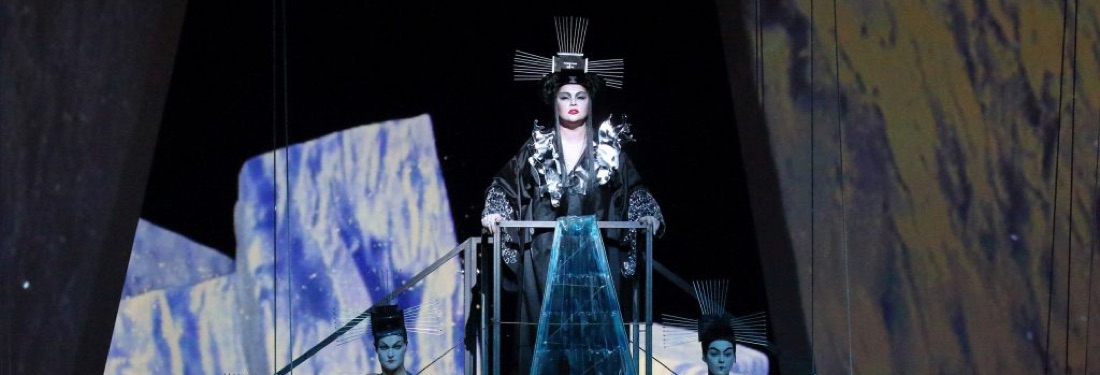
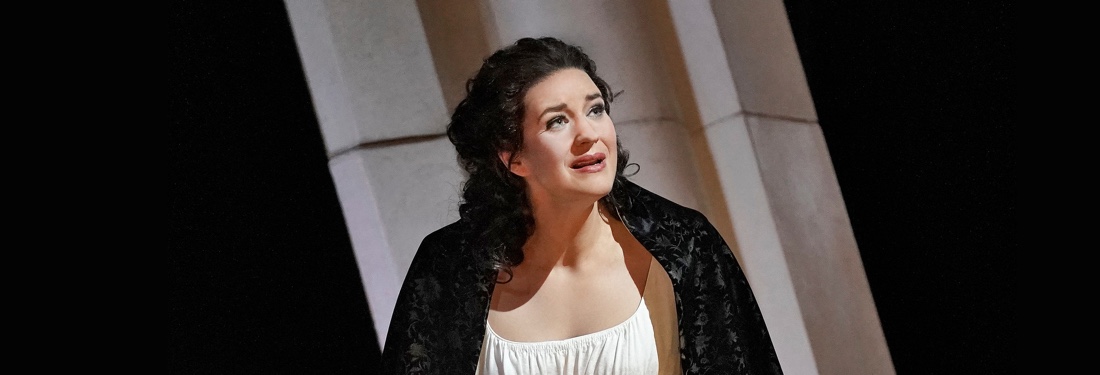
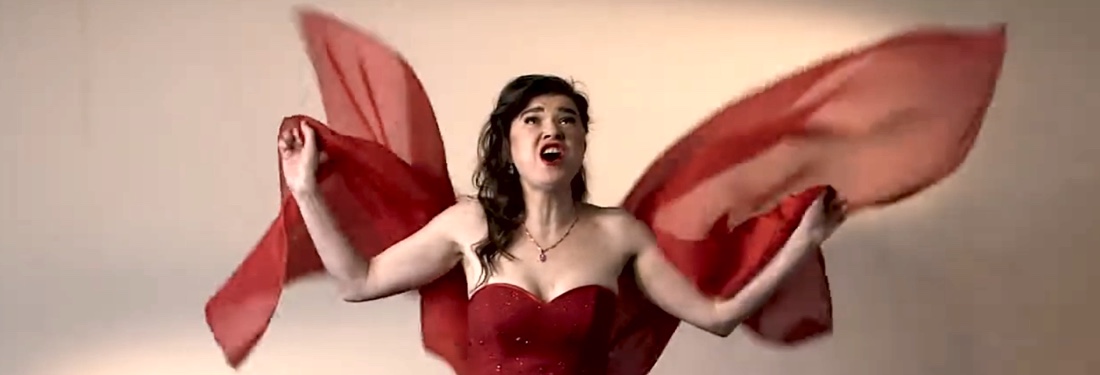

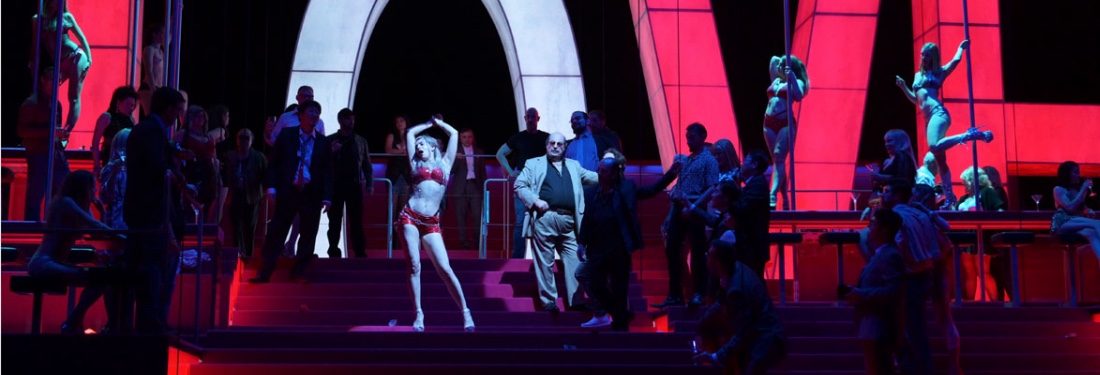
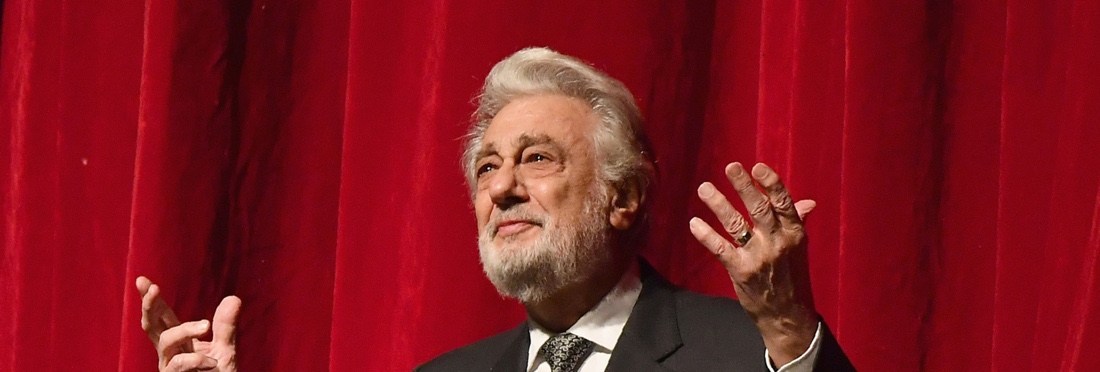
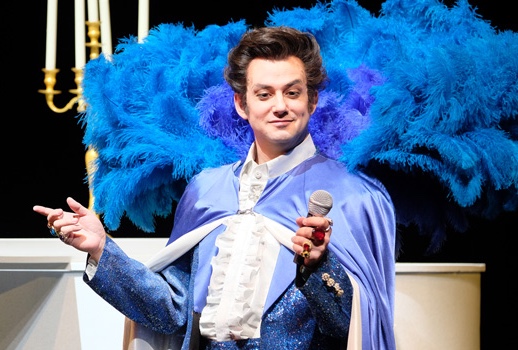
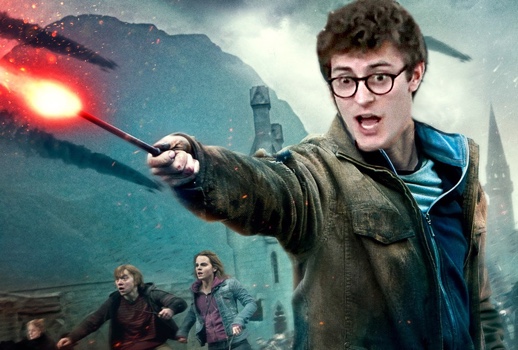
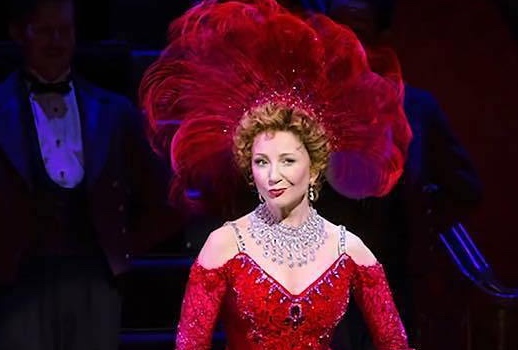
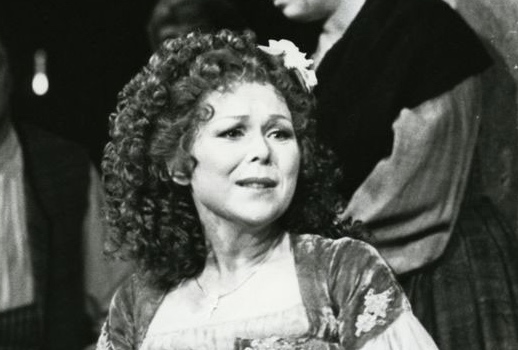
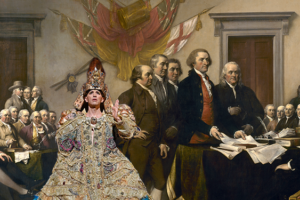








Comments